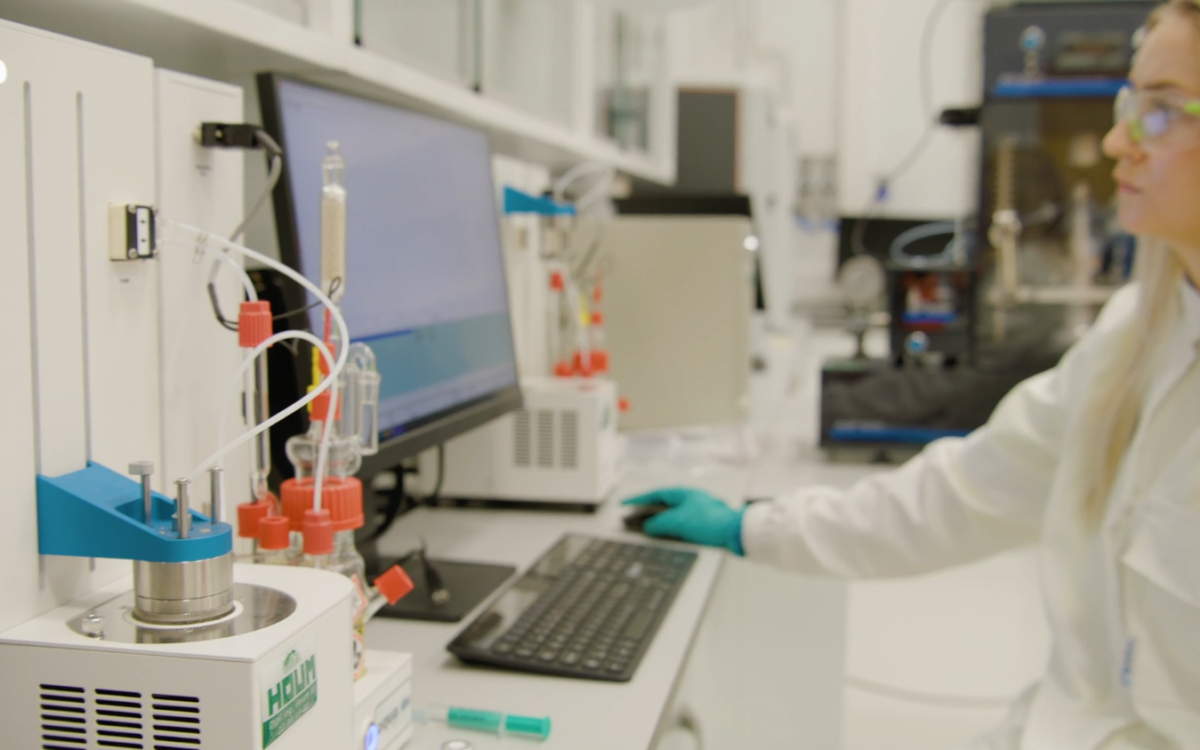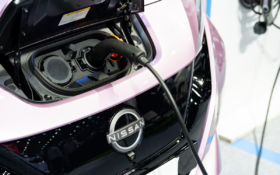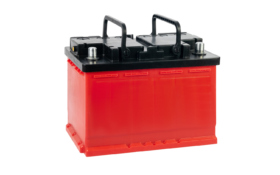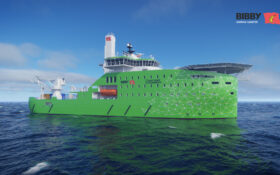Norway’s Freyr Battery has claimed a key milestone to full commercialisation of cell production by producing automatically cast electrodes with active electrolyte slurry. It said it is close to making functional battery cells on a fully automated production line for sampling in the first half of 2024.
It started adding active electrolyte slurry in a dry room environment on 31 January at its customer qualification plant (CQP) in Mo i Rana, Norway.
It said this was “one of the most significant remaining milestones” to be completed before production starts at the plant on a SemiSolid 24M platform.
The next major milestone will be automatic production of active cathodes and anodes, which Freyr said will document the viability of the semi-solid platform at gigawatt scale.
Mike Brose of Freyr said: “By demonstrating our ability to operate safely and effectively under dry room conditions in accordance with our internal timeline, our people and partners are now approaching landmark achievements on the path to scaling the next generation 24M SemiSolid technology.”
The company said electrolyte is added at the start of cell processing, which eliminates the costly and energy-intensive step of solvent recovery by drying the electrodes. Demonstrating the ability to cast electrodes with live electrolyte is a critical milestone on the path to eventually producing B sample cells for customers, it added.
Freyr had 388 production line equipment commissioning and testing packages at the plant and said 363 have been delivered.
Next steps include production trials on the anode casting system with solvent slurry and integrating the casting webs across the cathode, anode and merge units of the casting and unit cell assembly equipment.
Freyr’s CEO Birger Steen said the remaining work on the casting and unit cell assembly equipment is highly complex and technically demanding. He added the company is close to making functional battery cells for sampling in the first half of 2024.
Freyr has secured offtakes and one log-term sales agreement totalling approximately 130GWh. At prices of $70–80/kWh, this could amount to $9–10 billion, it said. Providing B sample cells is essential to converting conditional offtakes and long-term sales agreements to binding, financeable commitments, it said.
It is progressing a loan application with the US Department of Energy Loan Programs Office. The company ended 2023 with $276 million in cash, cash equivalents and restricted cash, up from the $250 million it previously forecast.












